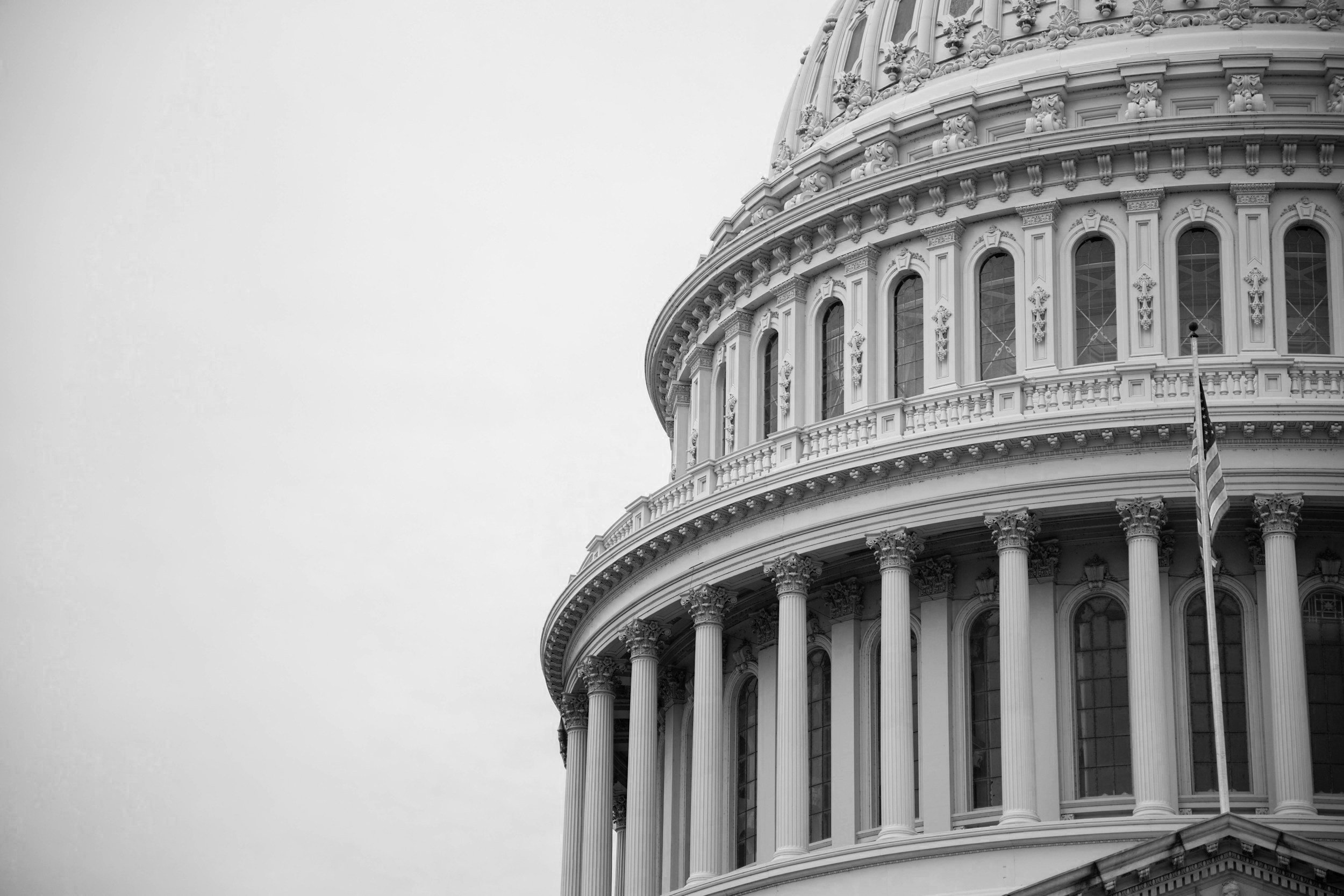-

JAN-Led Bipartisan Reforms Drove Significant Reduction in Civil Asset Forfeiture in Minnesota
-

Safer communities. Stronger economies. We change laws that change lives.
-

US Sentencing Commission Limits Acquitted Conduct Use Following JAN Comment
JAN’s January 2025 report, State Level Criminal Justice Reform: Bipartisan Policies with Support and Momentum shines a light on actionable policies, with bipartisan support, that will make the criminal justice system more safe, accountable, and fair. The door for reform is wide open, and we hope that this report serves as a resource for identifying policies that can pass in state legislatures today.
Recent Releases
With state legislative sessions officially underway or kicking off soon, we are excited to share the bold state-level reforms we are working to advance in 2026. We are focused on key states where our legislative champions are fired up and where meaningful change is within reach.
Alongside our strong legislative leaders and coalition of advocacy groups, impacted individuals, employers, business groups, and stakeholders, we are optimistic that these efforts will result in laws signed with an immediate impact.
As we close out our 10th year, Justice Action Network is proud to reflect on a year of extraordinary impact. Below is a snapshot of what we accomplished, by the numbers.
In 2025, ten pieces of JAN-supported legislation were signed into law across three states. These bills cover five issue areas–corrections reform, community supervision reform, fines and fees reform, sentencing modernization, and re-entry reform–and include four bills that received unanimous support in both chambers! The reforms passed in these states represent significant system-level change.
As 2025 comes to an end, we’re reflecting on all of the progress we’ve seen over the last 10 years since Justice Action Network was founded. We sat down with our Executive Director, Lauren Krisai, to hear her thoughts on how the organization and policy work has evolved over the last 10 years, and what we hope to see over the next decade.
In The News
Yesterday, Governor Kevin Stitt and Oklahoma reaffirmed the state’s role as a national leader in modernizing its justice system with the ceremonial signing of House Bills 1460 and 1462. This marks the continuation of building a smarter justice system that prioritizes real accountability, smarter re-entry, and justice for everyone.
Governor Josh Shapiro hosted a ceremonial bill signing with Lieutenant Governor Austin Davis, Majority Appropriations Chairman Jordan Harris, members of the General Assembly, and criminal justice reform advocates to celebrate the Clean Slate legislation that passed with bipartisan support and was signed by the Governor to make our Commonwealth more fair for all Pennsylvanians.
Connect with Us on Instagram













